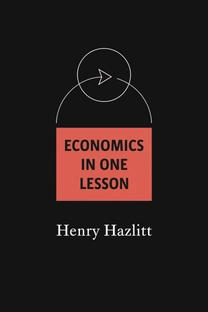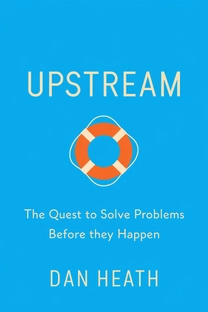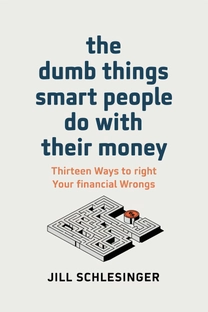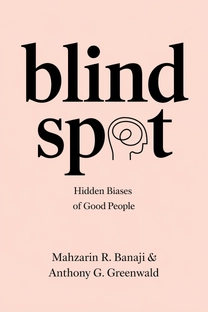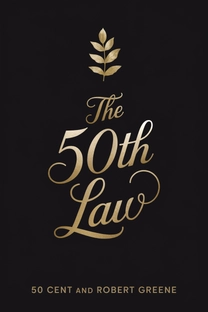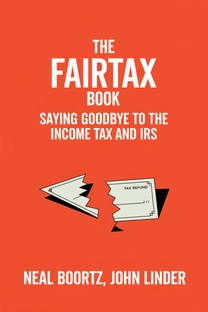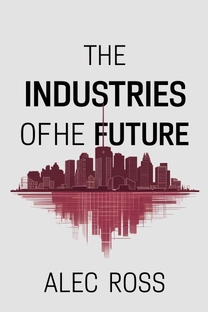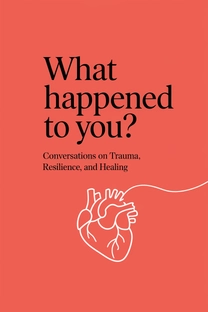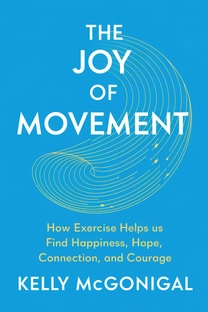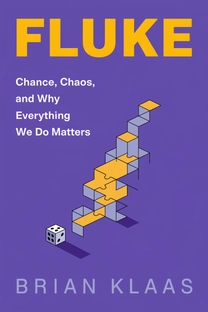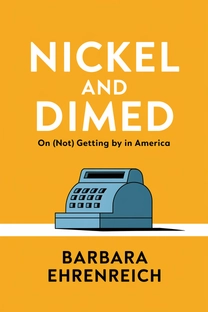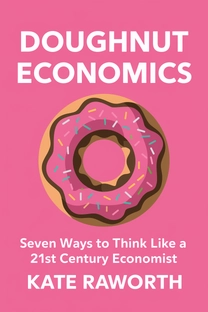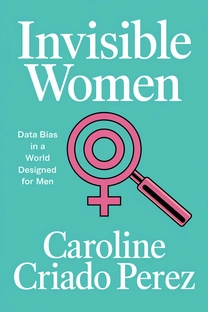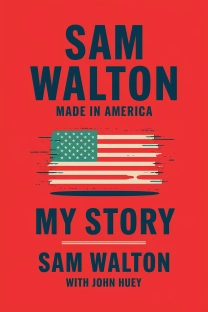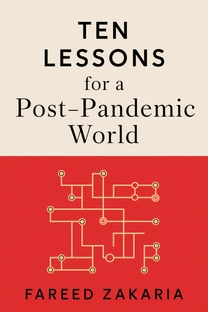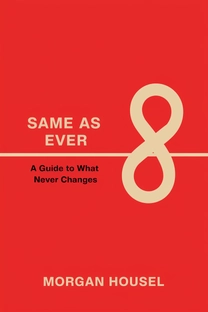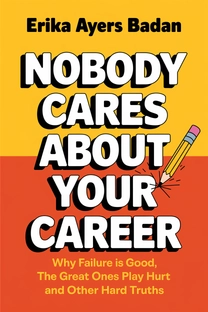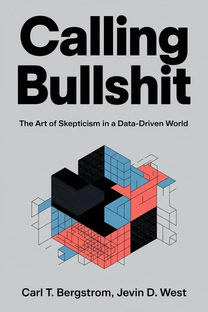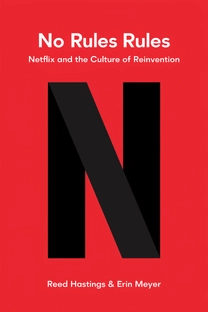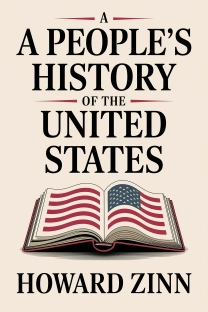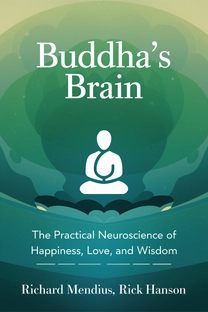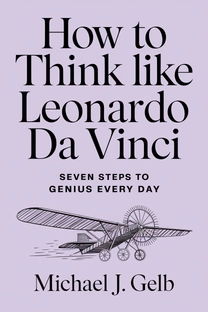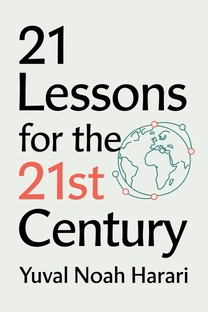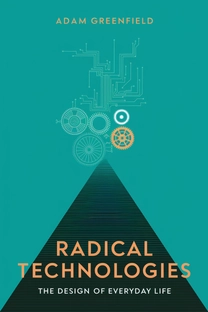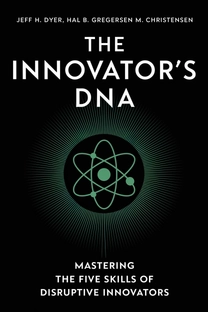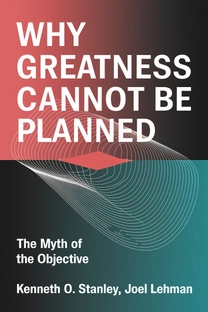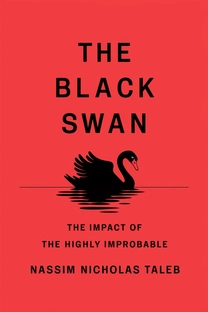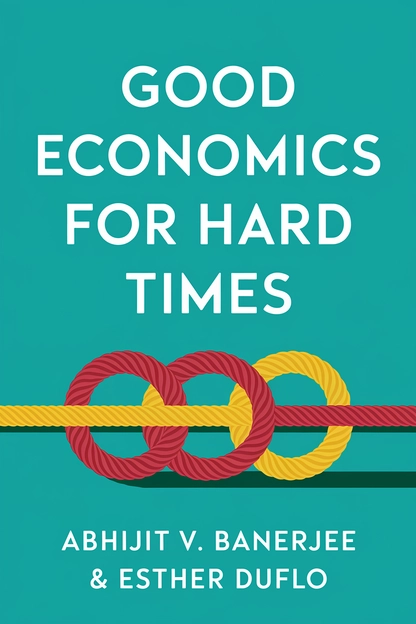
Good Economics for Hard Times
by Abhijit V. Banerjee, Esther Duflo
Brief overview
This book examines today’s complex economic hurdles, exposing myths and proposing grounded ways to tackle inequality, climate issues, and social divides. It challenges stale theories, drawing on global evidence to highlight more humane and effective policies. Readers are invited to see how fresh economic thinking can create real, positive change for all.
Introduction
We often hear that economics justifies greed or that it’s disconnected from reality. Nothing could be further from the truth. In times of global upheaval—rising inequality, climate anxieties, and social fragmentation—economics can offer rational, people-focused answers. This book shows why we must sidestep standard clichés and approach urgent problems with open-minded curiosity.
Real lives are at stake when we debate trade policy or welfare systems. Dismissing these issues with simplistic slogans can devastate entire communities. True economic research digs beneath the surface, using data and social context to make sense of why certain groups thrive while others are left behind.
Here, the authors blend a healthy dose of skepticism with hopeful optimism. They argue that policy ideas should be grounded in real-world evidence, tested, and tweaked until they work. Long-cherished theories might sometimes fail. But careful, empathetic inquiry can help bring out the best of what economics has to offer.
In the pages that follow, you’ll see how topics like migration, trade reform, and job creation can be viewed in a more nuanced light. Far from academic jargon, this approach is about listening and improving people’s lives. Let’s venture into the heart of these ideas.
Rethinking Trade and Globalization
Globalization is often hailed as the path to collective prosperity, yet too many regions and workers have suffered from it. Traditional theory says that free trade raises all incomes if resources move smoothly between sectors. But in practice, entire communities can remain stuck when industries disappear, leaving workers with nowhere to go.
Research on the “China shock” in the United States revealed that factory closings hit certain areas especially hard. Job losses didn’t result in smooth transitions to new industries. Instead, they led to plunging wages, social decay, and economic anxiety. The dire outcome undercuts the simplistic promise that trade automatically enriches everyone.
Meanwhile, in developing regions, removing trade barriers doesn’t guarantee a swift, export-driven miracle. Companies often struggle to meet the exact requirements for foreign markets. Building a solid reputation takes time, networks, and consistent quality. Without these, businesses can’t easily claim a share in global trade, and the poor don’t see quick benefits.
The key lesson is that trade policy alone can’t substitute for carefully designed support systems. Instead of hoping market forces will magically fix dislocations, governments must fund retraining, assist job searches, and invest in communities. Trade may still bring gains, but only if we confront real-world barriers and protect those who risk losing out.
What is Good Economics for Hard Times about?
"Good Economics for Hard Times" by Nobel Prize-winning economists Abhijit V. Banerjee and Esther Duflo presents an enlightening exploration into the realm of modern economics. The authors dissect widespread myths and propose wise, evidence-based solutions to tackle pressing global issues like poverty, inequality, migration, and climate change, among others. With the world grappling with significant challenges, understanding economics from a human-centric perspective becomes essential for workable solutions. This book insists that economics can, indeed, be a force for good if it moves beyond traditional doctrines, embracing a more empathetic and scientific approach to policymaking.
Delving into contemporary issues, Banerjee and Duflo challenge outdated economic assumptions, offering fresh insights and practical recommendations for sustainable growth and fairness. These authors bring problems into sharp focus with ethical clarity, showing the power of well-researched economic policies. Their work shines a light on how shifting our perspective can lead to more humane and impactful solutions, highlighting the influential role of accountable governance and evidence-driven policies.
The book's unique value lies in its ability to convey complex economic concepts in an accessible manner, making it relevant not just for experts but anyone interested in contributing positively to society's welfare. By advocating for greater social responsibility and evidence-based action, "Good Economics for Hard Times" encourages readers to rethink the boundaries of economics, urging collective action to address the challenges of our generation.
Review of Good Economics for Hard Times
"Good Economics for Hard Times" excels in synthesizing rigorous data with practical applications, making complex economic principles accessible to all readers. Banerjee and Duflo's profound understanding of global economic systems offers powerful arguments against common misconceptions surrounding issues like immigration and inequality.
The book's strengths lie in its evidence-based critique of traditional economic thought, urging policymakers to adopt more ethical and factual paradigms. Banerjee and Duflo's nuanced discussion positions economics as a tool for improvement rather than an abstract academic exercise, emphasizing that policy solutions must emerge from real-world complexities.
Written in a lucid prose style, the book demystifies economic jargon, enabling readers from varied backgrounds to grasp its insights. It balances detailed research with engaging storytelling, appealing to both seasoned economists and newcomers interested in the subject. The accessibility of their writing ensures that critical ideas are not confined to academic circles but extended to anyone willing to learn more about the subject.
Ultimately, their recommendation is crystal clear: Transforming society for the better requires using economics as a compassionate and critically informed instrument. This dynamic narrative will inspire readers to reconsider entrenched economic dogmas, encouraging them to adopt a more progressive and empathetic approach to addressing societal issues.
With timely relevance, "Good Economics for Hard Times" serves as a cornerstone text for understanding what's possible when ethical considerations meet well-grounded economic strategies.
Who should read Good Economics for Hard Times?
- Policy Makers: Those involved in creating economic policies benefit from its fresh insights into sustainable and humane economic strategies.
- Social Activists: Readers who focus on fighting poverty and inequality will find actionable frameworks for advocating systemic change.
- Economics Students: The book is an essential read for learners seeking clear, practical insights into contemporary economic issues.
- Environmental Advocates: Those working on climate-related topics gain a broader understanding of linking environmental and economic policies.
- General Readers: Individuals interested in understanding global economics in an accessible manner will appreciate the engaging analysis.
About the author
Book summaries like Good Economics for Hard Times
Why readers love Mindleap
10-Minute Book Insights
Get the core ideas from the world's best books in just 10 minutes of reading or listening.
Curated For You
Discover your next favorite book with personalized recommendations based on your interests.
AI Book ExpertNew
Chat with our AI to help find the best book for you and your goals.
Reviews of MindLeap
Love how I can get the key ideas from books in just 15 minutes! Perfect for my busy schedule and helps me decide which books to read in full.
Alex R.
The summaries are incredibly well-written and the audio feature is perfect for my commute. Such a time-saver!
Jessica M.
Great app for personal growth. The insights are clear and actionable, and I love how they capture the essence of each book.
Chris P.
The app is beautifully designed and the summaries are top-notch. Definitely worth every penny!
Sarah K.


